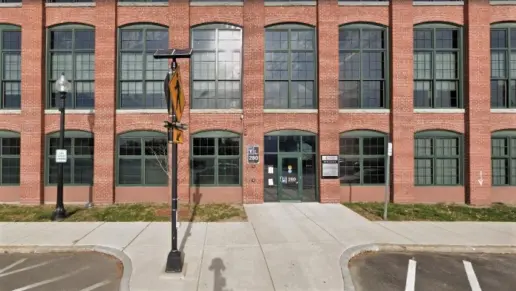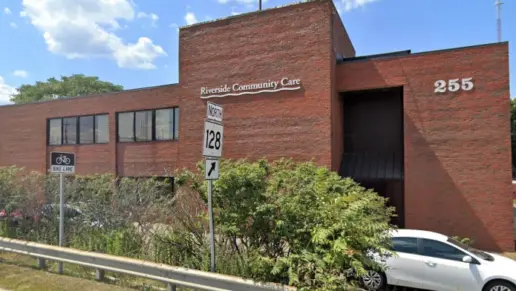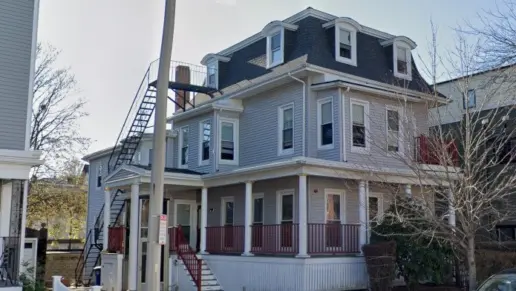They make you feel like an addict rather than a patient in recovery, you only experience guilt in here. Your meds are never filled and everyone is about as unhelpful as possible
About CleanSlate Centers
CleanSlate Centers’ Springfield, Massachusetts location is an addiction and mental health treatment facility that’s dedicated to helping adults who are struggling with addictions in and around the Hampden County area. They offer convenient outpatient programs.
The facility accepts a wide variety of commercial insurance plans including BlueCross BlueShield, Health New England and Mass General Brigham. Clean Slate also accepts Medicare and Medicaid. The treatment center also accepts Employee Assistance Program (EAP) benefits as payment. If none of these options are available to you then then the facility will work with you to develop a flexible payment plan.
This location offers specific treatment for opioid and alcohol addictions. Individuals have access to medication assisted treatment (MAT) that could involve medicine like Suboxone, naltrexone, or Vivitrol. These medications are used to treat opioid use disorders and dependencies on heroin, prescription drugs, alcohol and fentanyl. Treatments in combination with personalized counseling and behavioral therapies help clients break free from past cycles of addiction while also managing any recurring withdrawal symptoms.
The facility also offers outpatient care in the form of psychosocial support, intensive care coordination, personalized counseling, behavioral therapies and comprehensive care.
One interesting program offered by CleanSlate focuses on women who are currently pregnant or have recently given birth. These clients have unique issues that are addressed in the program including personal issues with pregnancy, pregnancy trauma and reproductive health issues.
Individuals formerly struggling with substance use disorder (SUD), alcoholism and other addictions who receive treatment at the facility tend to have an overall positive view of the services. Past clients tend to mention the kindness of the staff and the effectiveness of the program as the top highlights of the facility.
Rehab Score
Gallery
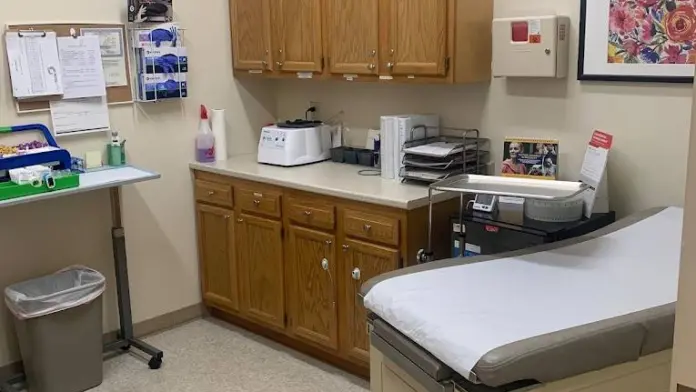
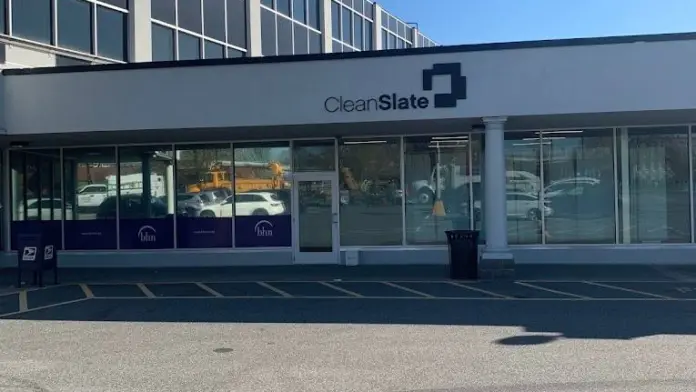
Location
Accepted Insurance
Other Forms of Payment
Medicaid is a state based program that helps lower-income individuals and families pay for healthcare. Medicaid covers addiction treatment so those enrolled can use their coverage to pay for rehab. When a program accepts Medicaid the client often pays very little or nothing out of their own pocket.
Private insurance refers to any kind of healthcare coverage that isn't from the state or federal government. This includes individual and family plans offered by an employer or purchased from the Insurance Marketplace. Every plan will have different requirements and out of pocket costs so be sure to get the full details before you start treatment.
Self-pay involves paying for treatment out of your own pocket. You can use savings or credit, get a personal loan, or receive help from family and friends to fund your treatment. If you don't have insurance or your insurance plan doesn't cover a specific program, self-pay can help ensure you still get the care you need.
Financial aid can take many forms. Centers may have grants or scholarships available to clients who meet eligibility requirements. Programs that receive SAMHSA grants may have financial aid available for those who need treatment as well. Grants and scholarships can help you pai for treatment without having to repay.
Medicare is a federal program that provides health insurance for those 65 and older. It also serves people under 65 with chronic and disabling health challenges. To use Medicare for addiction treatment you need to find a program that accepts Medicare and is in network with your plan. Out of pocket costs and preauthorization requirements vary, so always check with your provider.
Military members, veterans, and eligible dependents have access to specific insurance programs that help them get the care they need. TRICARE and VA insurance can help you access low cost or no cost addiction and mental health treatment. Programs that accept military insurance often have targeted treatment focused on the unique challenges military members, veterans, and their families face.
Addiction Treatments
Levels of Care
Treatments
The goal of treatment for alcoholism is abstinence. Those with poor social support, poor motivation, or psychiatric disorders tend to relapse within a few years of treatment. For these people, success is measured by longer periods of abstinence, reduced use of alcohol, better health, and improved social functioning. Recovery and Maintenance are usually based on 12 step programs and AA meetings.
Addiction is a highly complex problem, and drug rehab in Massachusetts is often necessary to address it. These programs treat physical, mental, and relational issues that are involved. Treatment empowers individuals to manage these issues without the use of drugs.
Opioid rehabs specialize in supporting those recovering from opioid addiction. They treat those suffering from addiction to illegal opioids like heroin, as well as prescription drugs like oxycodone. These centers typically combine both physical as well as mental and emotional support to help stop addiction. Physical support often includes medical detox and subsequent medical support (including medication), and mental support includes in-depth therapy to address the underlying causes of addiction.
Substance rehabs focus on helping individuals recover from substance abuse, including alcohol and drug addiction (both illegal and prescription drugs). They often include the opportunity to engage in both individual as well as group therapy.
Programs

Clinical Services
Group therapy is any therapeutic work that happens in a group (not one-on-one). There are a number of different group therapy modalities, including support groups, experiential therapy, psycho-education, and more. Group therapy involves treatment as well as processing interaction between group members.
Contact Information
133 Maple street
Springfield MA, 01105





